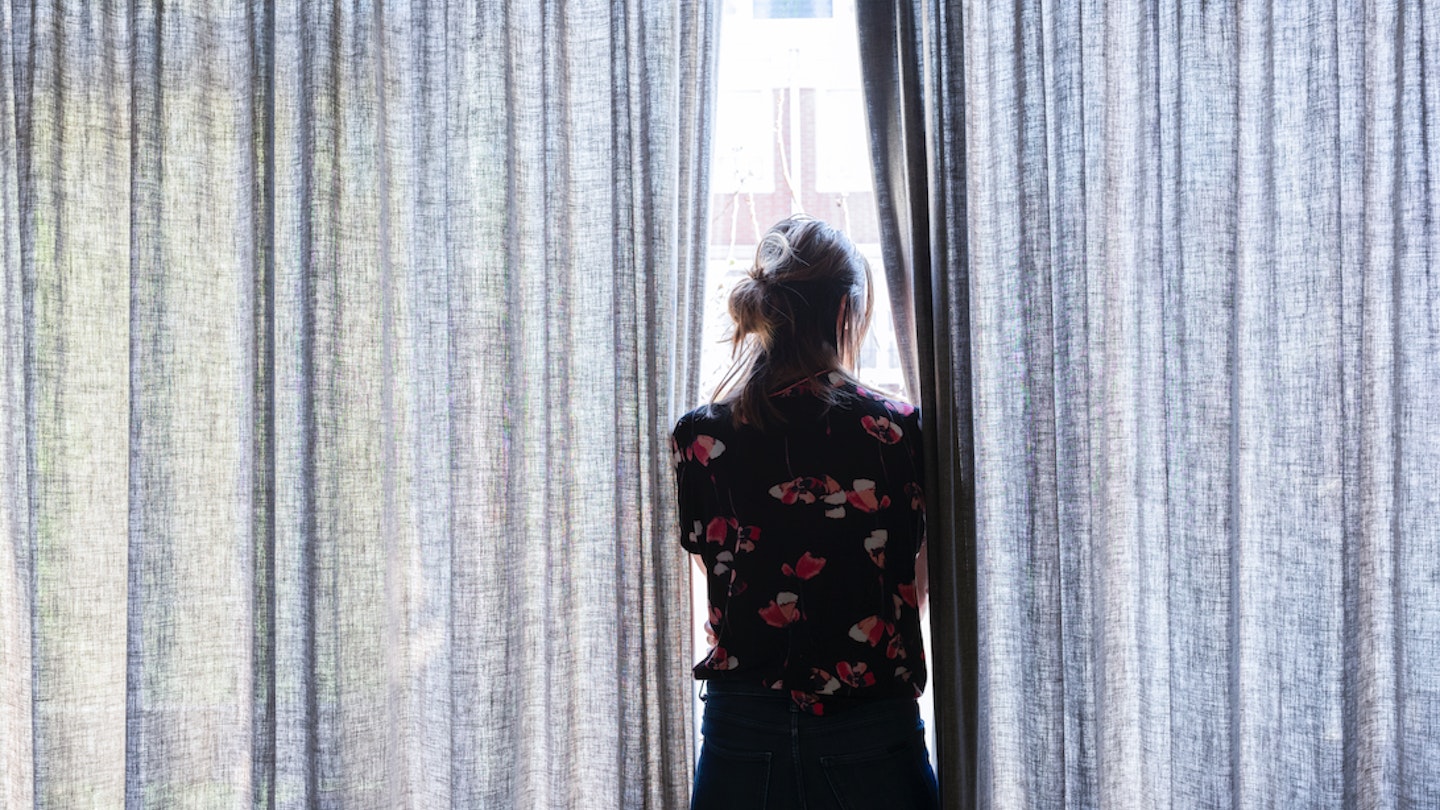This morning, six million families in the UK woke up to further financial hardship. On Wednesday, the temporary increase in Universal Credit officially came to an end. The £20-a-week increase was brought in to help people on low incomes throughout the Covid 19 pandemic, with charities urging MPs to make the increase permanent given the bleak financial situation many are now in.
Opposition parties, charities and pressure groups have all hit out at the Conservative policy, explaining that £1,040 a year can make a huge difference to those struggling. In the past month, Boris Johnson won a vote to increase National Insurance tax rates (in order to fund the NHS) and energy bills rose, meaning any cuts to UC could have a dire impact to the most vulnerable in society.
Who in particular? Women, of course, particularly those living in dangerous situations. Charities are now warning that cuts to universal credit will burden women who are victim to domestic abuse most. Often, £20 can be a lifeline for a woman trying to escape abuse, with financial hardship one of the main reasons women cannot leave violent homes.
'Access to financial assistance and support, through welfare benefits, is vital for women survivors – particularly for those who are forced to flee their homes,' Isabelle Younane, Head of Policy, Campaigns and Public Affairs at Women’s Aid, told Grazia. 'Around half of survivors do not have enough money to pay for their essential needs during the relationship with an abuser, and are often left destitute if or when they decide to leave. For women with no economic resources, the safety net provided by the welfare system empowers them to leave an abusive partner.
'The pandemic has also given perpetrators new tools for control and economic abuse,' she continued. 'During a time where survivors are exposed to worsening domestic abuse and specialist support services are facing funding challenges, the cut to universal credit payments will serve to increase the barriers that women fleeing domestic abuse face.
'Women who have experienced domestic abuse may also not be ready to return to work for some time after leaving the abuser. There may also be safety implications of returning to work, such as the abuser being able to find her through her employer. The safety net of welfare benefits allows survivors this time during which they may access support from specialist domestic abuse services, including refuges.'
Ultimately, at a time when male violence should be the government's number one priority, they're proving yet again that they are not willing to make the changes that matter to protect women. When the government can spend £44 billion on defence, surely an extra £20 a week for the most vulnerable in society (which would only amount to £6 billion in comparison) is worth it, it could be the difference between life and death for some women.
For Andrea Simon, director of the End Violence Against Women Coalition (EVAW), the issues around universal credit when it comes to victims of domestic abuse also go beyond this cut alone.
'There are a number of issues with Universal Credit that the government need to address, like making default split payments the norm, to ensure the way payments are made does not exacerbate financial abuse of women by controlling partners,' Andrea told Grazia. 'However, we know welfare systems can be a vital route out of abuse for women, and cuts to benefits only serve to deepen women's economic inequality which deepens their vulnerability to abuse.'
'We need to also remember that women with no recourse to public funds cannot access the same welfare safety net when they are victims of domestic abuse,' she continued. 'Support for migrant women has been left out of the Domestic Abuse Act and women are regularly left with an unacceptable choice of destitution or remaining with their perpetrator.'
Read More:
Tackling Male Violence Is ‘Not A Priority’ Within The Police, Watchdog Report Finds
